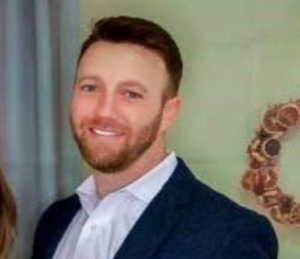Preventing Cancer
April 16, 2019
Cancer is an issue that affects people worldwide. Cancerous cells divide constantly, forming solid tumors or flooding the blood with abnormal cells, whereas normal cells normal cells listen to signals from neighboring cells to stop their growth when encountering nearby tissues.
Cancer is often seen as an untreatable disease.
According to the American Cancer Society, 609,640 deaths from cancer were projected to occur in the US, 2018. The causes aren’t fully understood by researchers but some risk factors include smoking tobacco, coming across radioactive materials, chemicals, etc.
Each type of cancer is different and are associated with different sets of risk factors as stated by the Mental help.net, an American Addiction Centers Resource.
Students can reduce the risks of cancer(s) by getting enough physical activity, eating healthy foods in moderation, minimizing the use of tobacco, participating in cancer screenings according to recommended guidelines and getting vaccinated for HPV as listed in the Rogel Cancer Center Michigan Medicine article.
But did you know “a third of all cancer deaths in the US each year are linked to diet and physical activity, including being overweight or obese?”
Students can be proactive in eliminating unhealthy routines throughout their day by engaging in cardio workouts. Adults should get between 75 and 150 minutes of moderate or intense activity throughout the week. Children and teens should get an hour to 2.5 hours of physical activity each week.
Avoiding saturated fats and red meat can reduce the risks of colon cancer or prostate cancers as well as eating more fish, fruits, vegetables and whole grains.
Also mentioned in the Health. Harvard. Edu getting enough vitamin D can play a huge factor in children’s development. Not enough vitamin D can cause hypertension, diabetes and different types of cancers. Getting at least 5-30 minutes of sun exposure twice a week is a way to keep ones body healthy and avoid cancer, Keller a dietitian wrote in an article called “Vitamin D Deficiency in Children .”
There should be more awareness about cancer in communities and around the globe to better peoples understanding and lives. Programs, seminars and even open events should available to people so that certain cancers can be recognized, prevented and treated.






